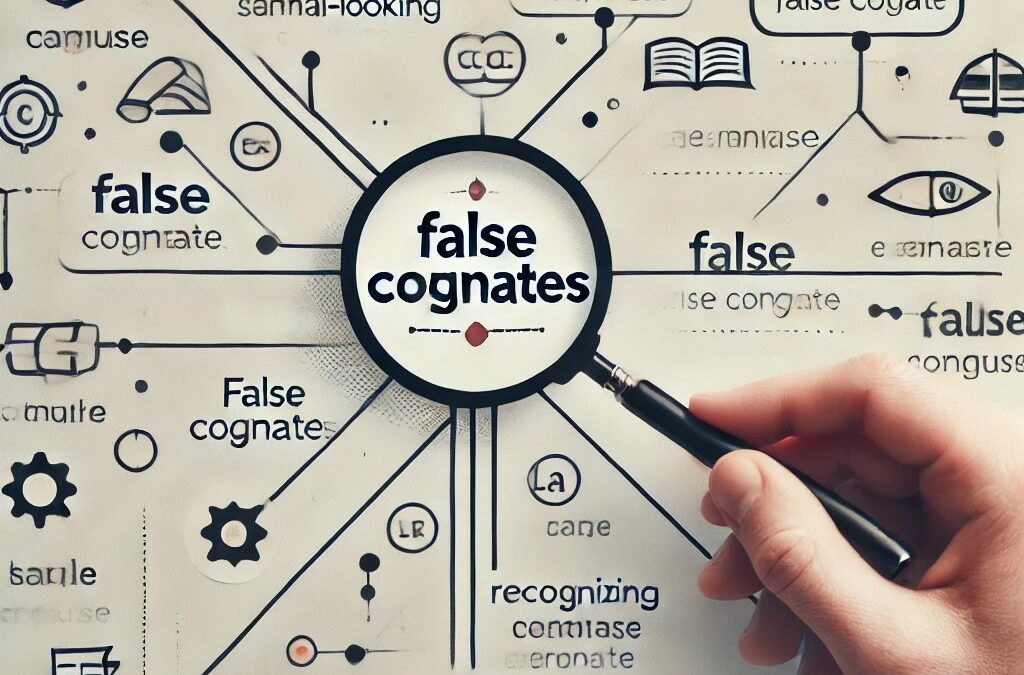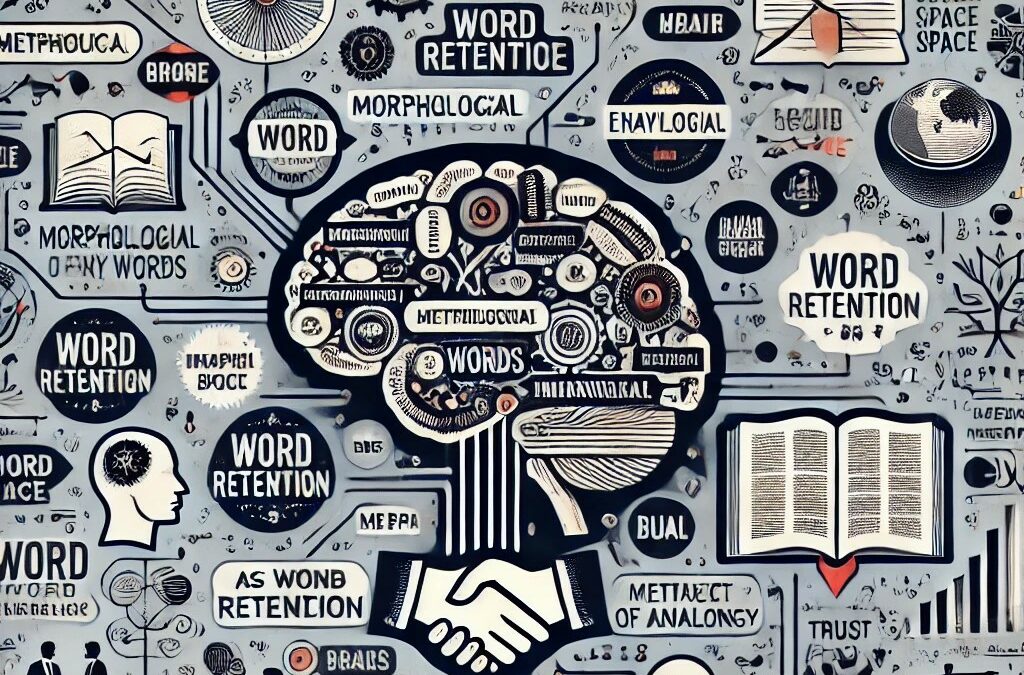
by afrar | Jul 16, 2024 | Blog
In language learning, we have a concept called “false friends”: Words that both languages have that sound or look alike, or sound a bit similar but with completely different meanings. These words are found particularly in languages of neighboring countries, for...

by afrar | Jul 16, 2024 | Culture Shock
In the first six articles we have seen how culture shock can be defined, how it progresses and what you can do to moderate, accept and overcome. The main problem is to recognize the culture shock. The situation is not always so clear that I automatically deal with...

by afrar | Jul 16, 2024 | Assessments
When many language learners hear the word “assessment” or “evaluation,” they immediately tense up. Language learning is a humbling process, as you become a child again in a new environment and relearn how to interact in the world. So it makes sense that critiquing...

by afrar | Jul 16, 2024 | Culture Shock
After years abroad I returned to my home country. “Finally!” May be one thought. But on the other hand, “What a pity I couldn’t stay in my host country longer!” Upon arrival, I’m met with a rude awakening: The country I returned to is not the country I left!...

by afrar | Jul 16, 2024 | Blog
Language learners often complain about learning “useless” words: Why should I learn how to say “scarecrow”? I’ll never use that word! Why not learn more important words like “watermelon,” “study” and “bathroom”? People often think that some of the basic, tangible...






